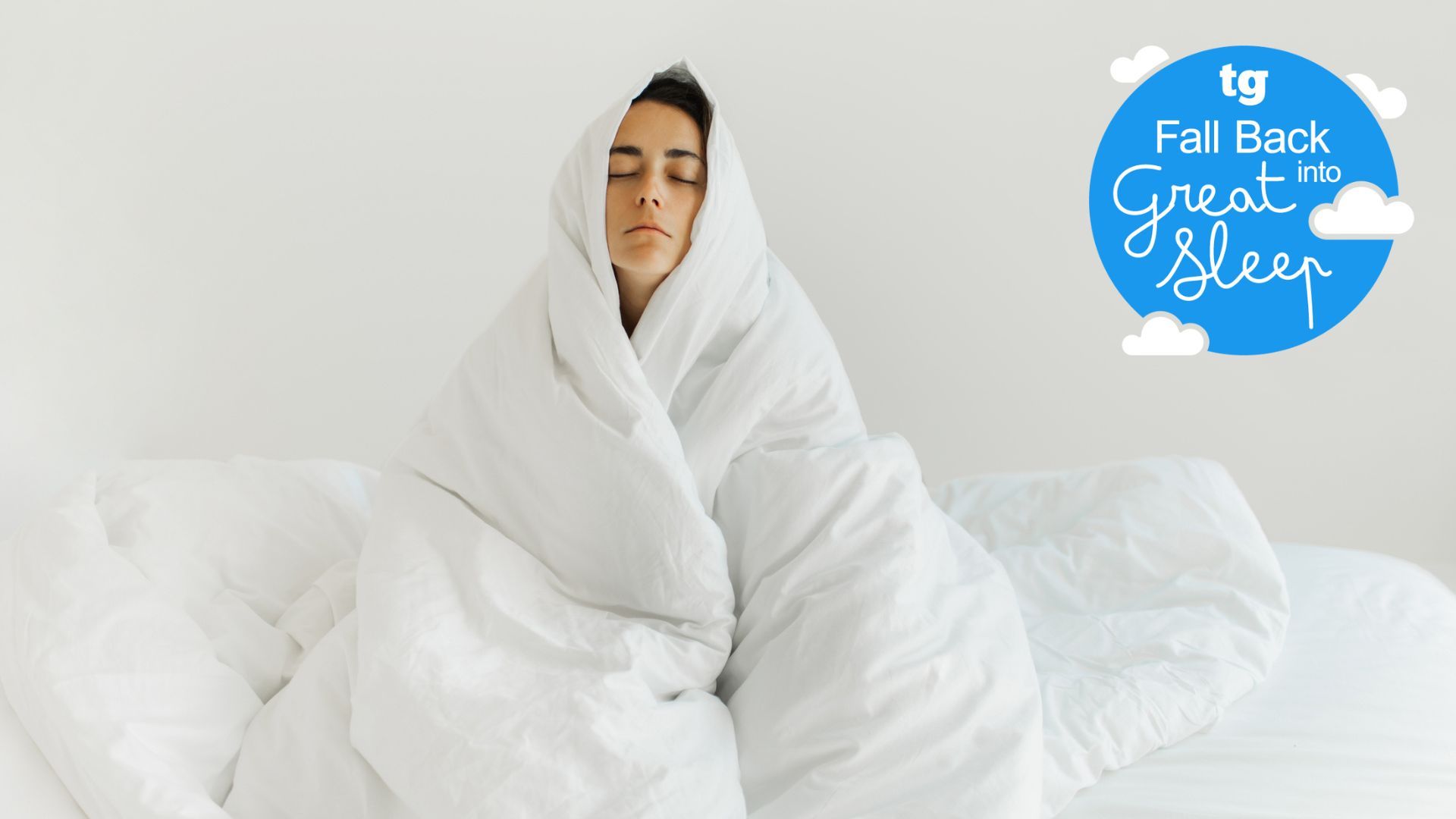As the days get shorter and temperatures drop, some of us may find our sleep patterns changing.
This can lead to winter insomnia, a type of sleep disturbance which tends to worsen during the colder months. It not only disrupts our circadian rhythm, moods and energy but also the hormones which help us regulate sleep.
As part of our Fall Back into Great Sleep campaign, we’re talking to the experts about how factors such as light exposure, the right temperature and how the clocks going back can affect your sleep.
We’ll also explore some simple and science-backed solutions that can help you get better sleep.
What is winter insomnia?
Insomnia affects your ability to get to sleep or stay asleep, meaning you feel tired and restless the next day. Some of us are affected by this sleep disorder more in winter.
“Winter insomnia is the change in your external sensory information in relation to your normal physiological rhythms,” explains Dr Gareth Nye, lecturer in biomedical science at the University of Salford.
He adds that this can be linked to the clocks going back, the colder temperatures and darker evenings.
Winter insomnia is surprisingly common — and the rise in Google searches during the colder months shows just how many people struggle with it.
According to Dr Bhavini Shah at LloydsPharmacy Online Doctor there are 247k searches for ‘insomnia’ every month on Google, with searches spiking in December thanks to increased stress and disrupted sleep patterns during the holiday season.
The 3 most common causes of insomnia in winter
As winter draws in, these are the common reasons why your sleep patterns may change, and you could be more susceptible to winter insomnia.
1. Lack of daylight
“Shorter days and reduced light exposure, especially during autumn and winter, can significantly impact sleep, circadian rhythms, and melatonin production,” says Dr Nye.
The reason we feel so tired during the day in autumn and winter is the rise in melatonin due to the lack of light
He adds that it all revolves around the hormone melatonin, which signals the body to sleep, as levels naturally increase in darkness.
“As we have to wake during darkness with the shorter days, our body is at odds with natural rhythms and tries very hard to revert to a normal pattern again.”
“The reason we feel so tired during the day in autumn and winter is the rise in melatonin due to the lack of light,” the doctor explains.
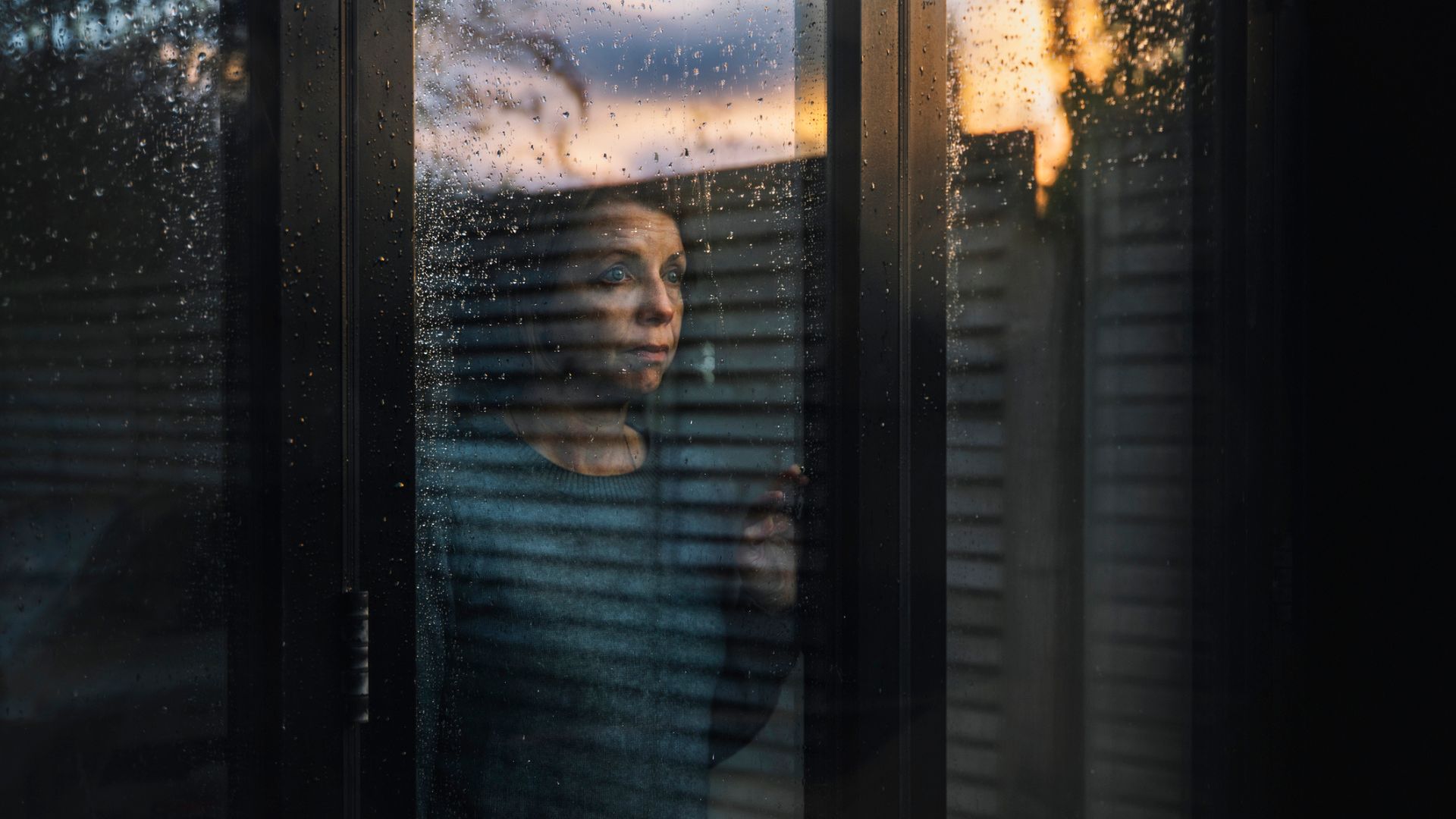
2. Clocks falling back
Twice a year, when the clocks shift forward or back by an hour, many of us notice our sleep patterns are thrown off. But what’s behind this sudden disruption?
When do the clocks fall back this year?
The clocks fall back Sunday 26th October at 2am in the UK, and 2nd November at 2am in the U.S
Dr Nye explains that it’s because “your body gets used to waking and sleeping at certain times of day and prepares to do so for hours leading up to it.”
“By altering the clocks, combined with less daylight, your body becomes out of sync, making it harder to go to sleep,” he adds.
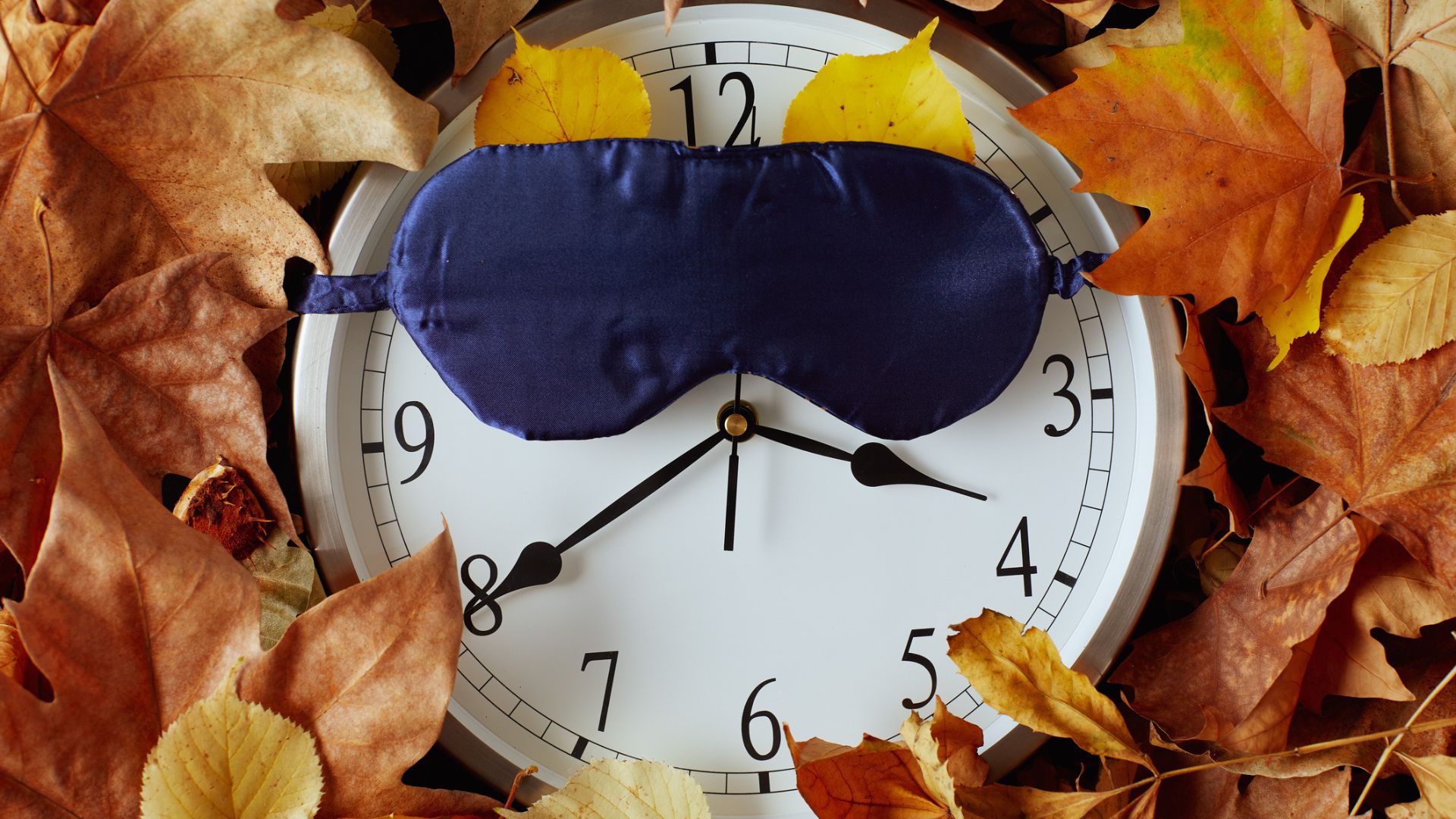
3. Poor temperature regulation
Fluctuations in temperature, whether caused by how warm or cold your bedroom is or the materials you sleep in, can also disrupt rest and increase your risk of winter insomnia.
Dr Nye adds that sudden temperature drops can disrupt rest, explaining that “colder room temperatures tend to favour better sleep, but sudden temperature drops can disrupt sleep through shivering and discomfort.”
Studies, including this one in 2012, also show that temperature changes when you sleep result in increased episodes of ‘wakefulness and decreased rapid eye movement sleep and slow wave sleep.’
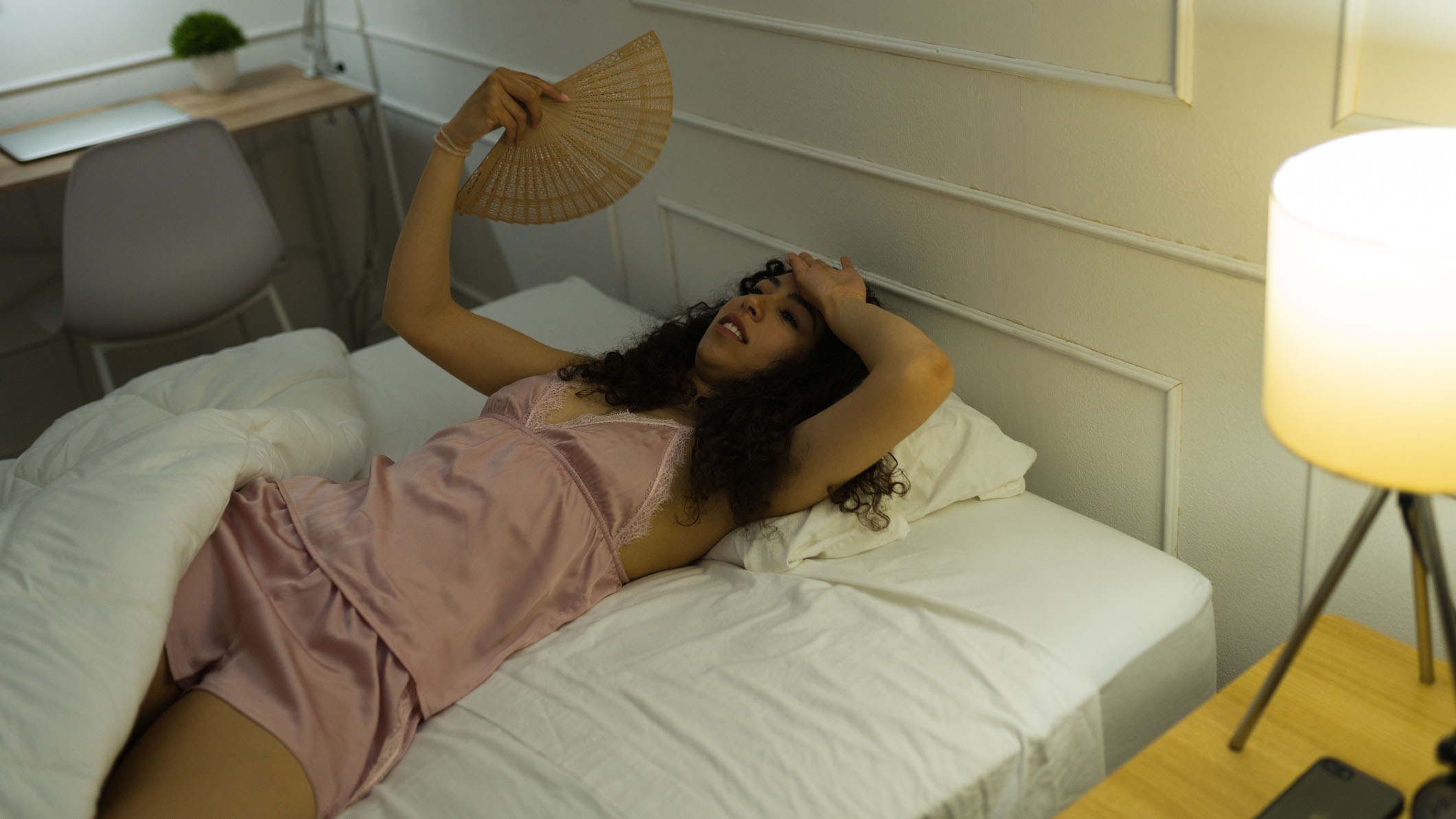
The 3 easiest ways to get great sleep in the winter
1. Get outside during the day
When it’s cold or rainy outside, it’s tempting to stay indoors, but daylight exposure is essential — it boosts the sleep hormones that keep us alert during the day while helping to suppress those that make us sleepy at night.
“Light exposure supports the natural morning release of cortisol, which increases energy levels and boosts your mood, and suppresses melatonin release, making you feel more alert during the day,” says Dr Lindsay Browning, a chartered psychologist, neuroscientist and author, who holds a doctorate in insomnia from the University of Oxford.
“This morning light exposure also aids in shifting melatonin secretion earlier, helping you fall asleep earlier that night.”
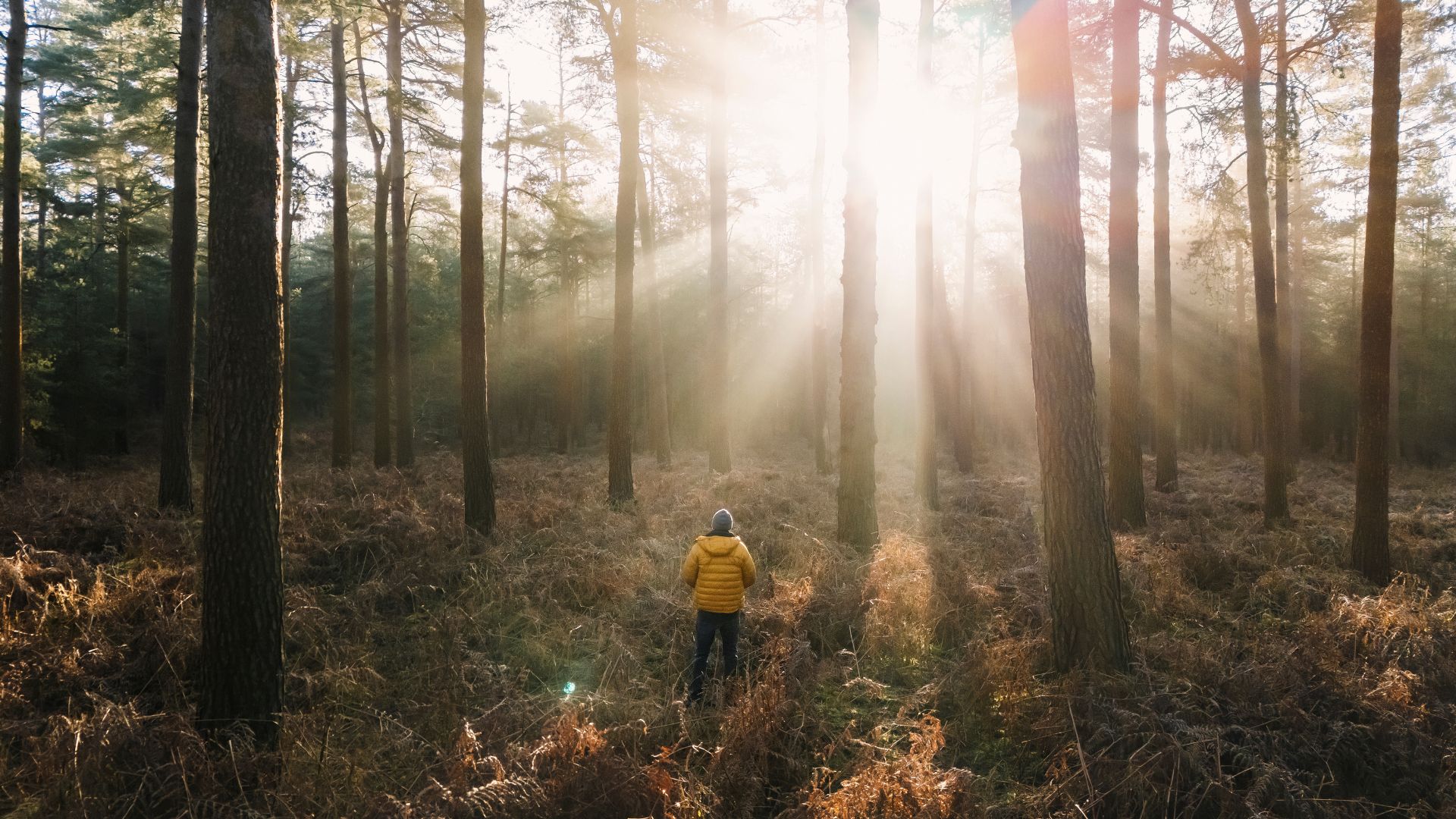
2. Keep a regular sleep schedule
Guilty of sticking to the same bedtime in the week and staying up way past that bedtime over the weekend?
Many of us are, but Browning explains that keeping a regular wake-up time and a fairly consistent bedtime seven days per week will help you sleep better.
“When you keep a regular sleep schedule, your body develops a robust circadian rhythm, which helps you to sleep at the right time at night.”
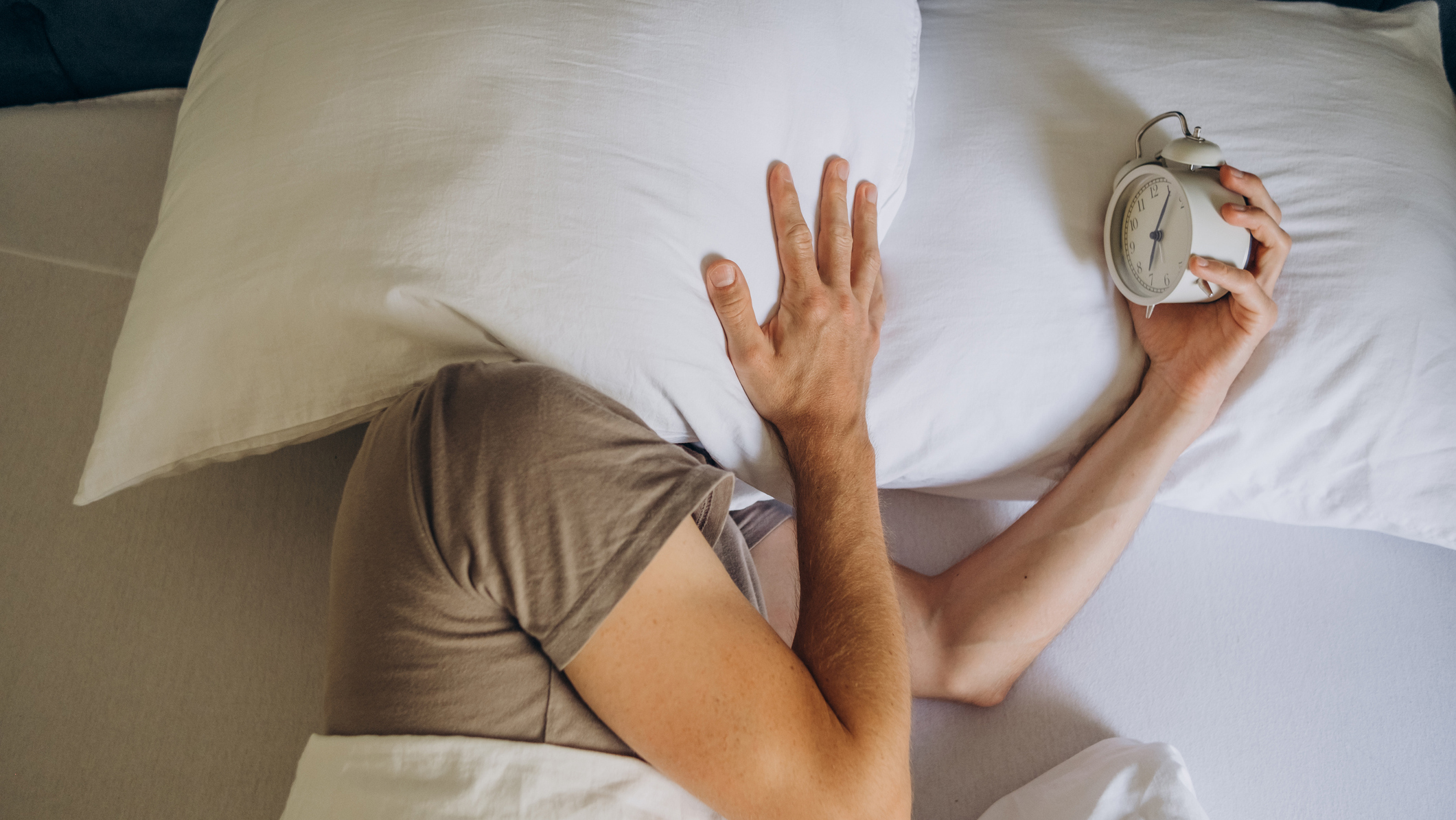
3. Create the perfect bedroom environment
When it comes to getting a good night’s sleep, a cooler bedroom is best. Try opening a window before bed to let in some fresh air and turn the heating down or off. What you wear, and the fabrics you sleep in, can also make a big difference to your body temperature.
“Synthetic fabrics may initially feel warm, but they also trap heat,” says Phoebe Street, brand manager and sleep expert at Pretty You London. “This means that as your temperature naturally rises as you sleep, you could end up hot, sweaty and damp.”
She adds that natural fabrics, such as bamboo or wool, behave differently. Consider organic mattresses that incorporate these materials. “They have a structure that lets air move while still holding onto enough warmth to keep you comfortable,” she explains.
“They also wick away excess moisture quickly, so if you do get sweaty, you’ll dry off quickly.”
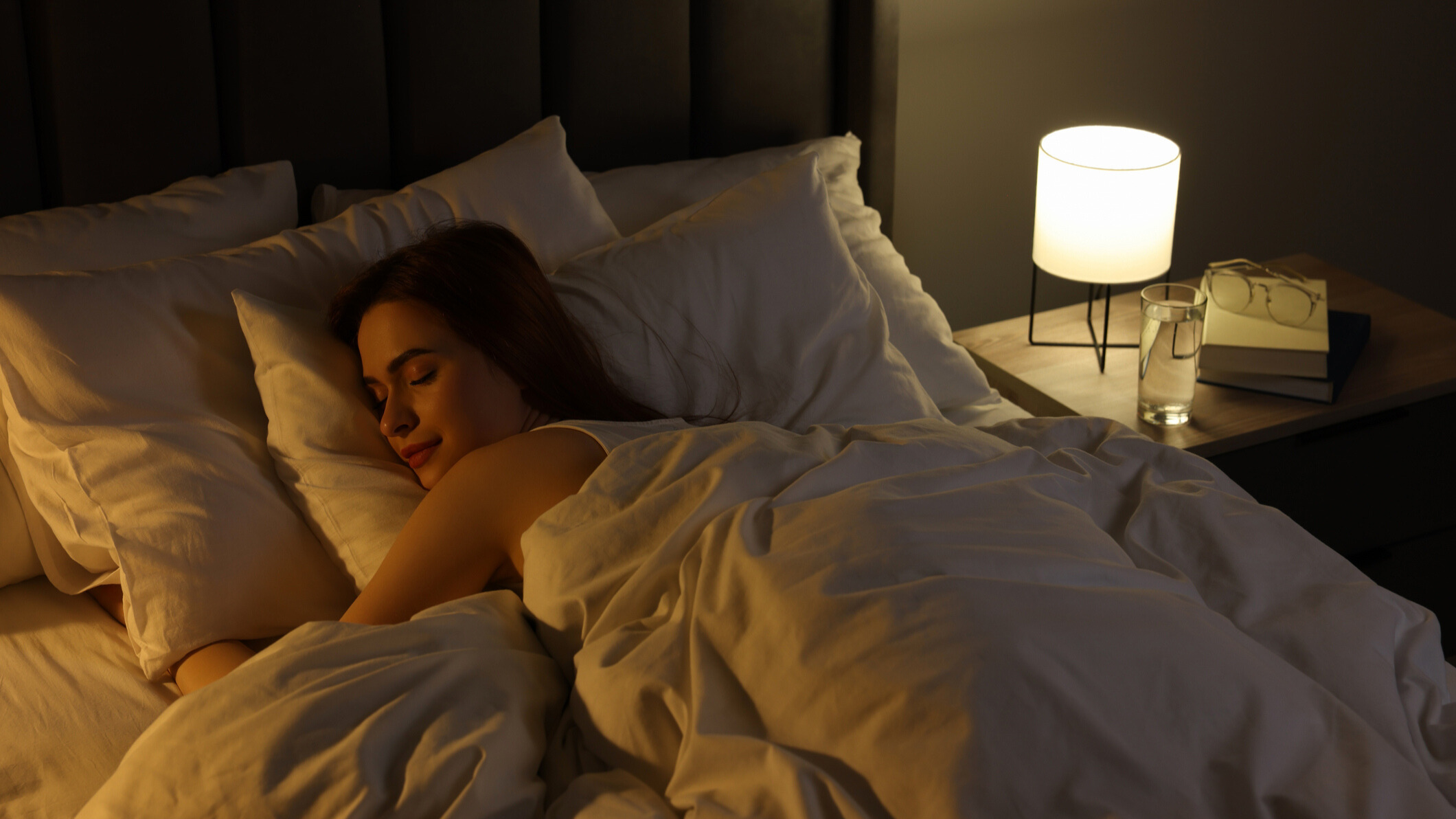
Knowing when to get help for winter insomnia
Dr Shah says that changing daylight hours could not just negatively impact your sleep hygiene, but could also impact your health.
“Sleep is incredibly important for all parts of your health, improving your heart health, mental health, immunity, reproductive health, and hormonal regulation,” the doctor explains.
If you’ve experienced insomnia symptoms for more than a month, and none of these tips have helped you, it could be time to seek help. If you notice that poor sleep is starting to affect your mood, behaviour or overall health, it’s important to seek advice from a medical professional.

